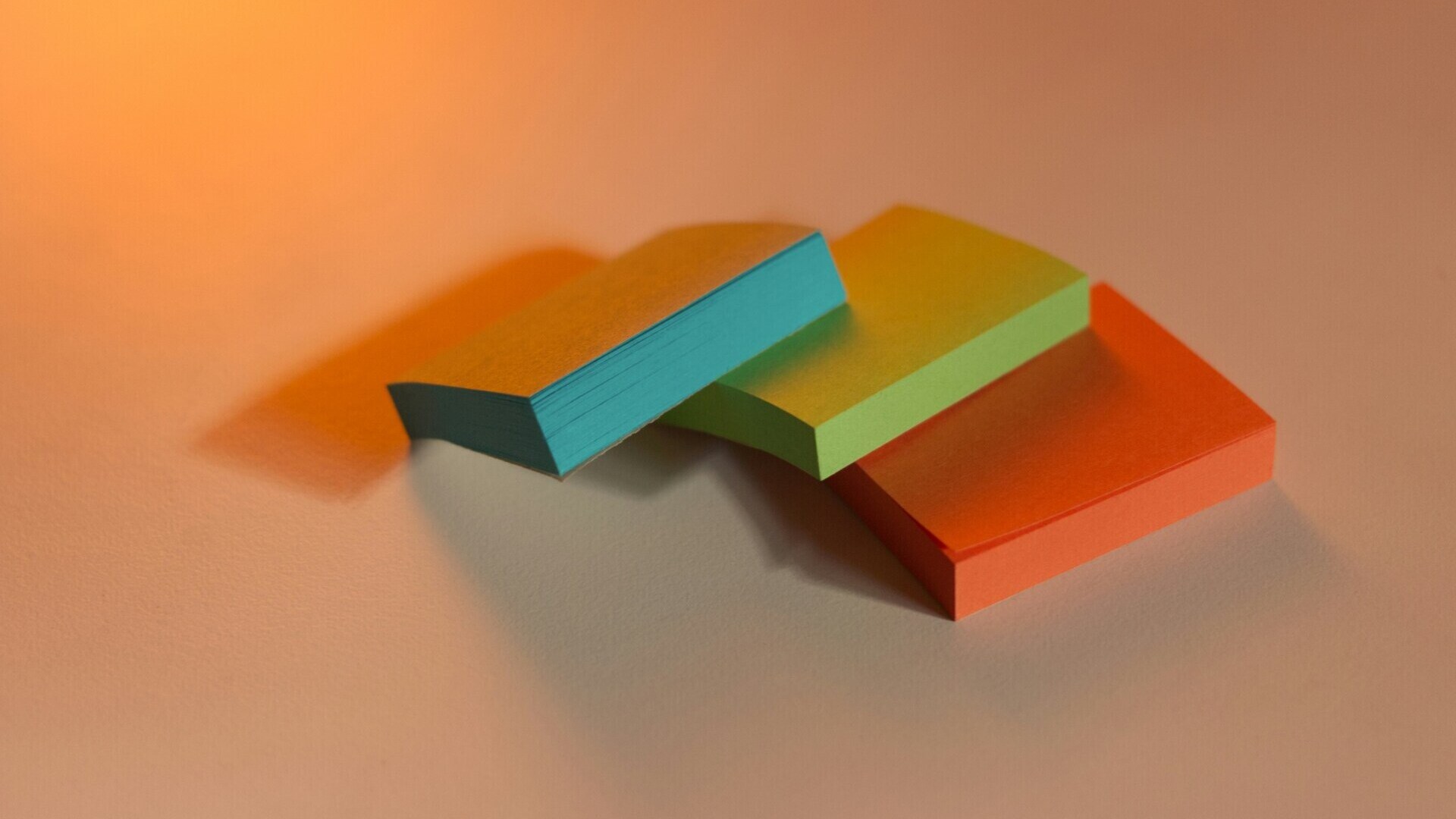
How to Start Journaling for Self-Discovery
Our guide on how to start journaling like a pro!
Journaling is a great way for people to work on their self-discovery. It provides a safe space to explore thoughts, emotions, and daily or general experiences. Whether you’re shy, have never been to therapy, or are simply new to the idea, this guide will help you start your journaling journey. By following these steps, you’ll see how journaling can benefit your mental health, help you reflect on yourself, and help you grow as a person.
There are lots of great reasons to journal. It helps you understand yourself better by giving you a space to think and feel freely. Journaling reduces stress and anxiety by letting you feel all of your emotions and process them. It also helps you think in new ways by encouraging you to visualize your thoughts and ideas as a free flow of information. Plus, it improves your problem-solving skills and helps you see things from a different perspective.
Step-by-Step Guide to Start Journaling
1. Choose Your Medium
It’s always best to use the medium you’re most comfortable with. If you’re more used to writing things down on paper, then that’s what you should do. Think about whether you want to use a physical pen-and-paper style journal or if you feel more like using your notes app or your laptop. Some people like the feeling of writing on paper, and the fact that you can take your journal anywhere and not have to charge it. Others like the convenience of a digital journal on a phone or computer.
2. Create a Comfortable Environment
Make the most of your time and space by finding a quiet, comfortable spot where you can read and write without distractions or external noise. It could be anywhere, from a cozy spot in your house to your favorite park or even on the train with your headphones in.
3. Set a Regular Time
It’s not essential, but it’s a good idea to try to be consistent if you can. It’s a good idea to try to keep a journal as regularly as you can, either every day or every week at the same time. You could do this in the morning while you get ready for the day, or at night to set aside some time to reflect on your experiences. Don’t worry about this too much, though. Journaling should be a time to relax, not an extra task on your to-do list.
4. Start with Prompts
If you’re feeling overwhelmed by a blank page, try using journaling prompts to get started. Here are a few ideas you might want to think about:
- What are you grateful for today?
- Tell us about a recent happy moment.
- What are your biggest fears, and why?
- Think about a challenge you’ve faced and how you managed to overcome it.
5. Reflect and Review
It’s a good idea to check in on your past entries from time to time. Take a moment to think about any patterns or changes in your thoughts and feelings. This can be very helpful for understanding how you’ve grown and developed.
Tips for Shy or Inexperienced Writers
If you’re feeling shy or awkward about writing, or if you’ve never done therapy, journaling might feel a bit intimidating at first. Here are a few tips to help you get started:
Start small: just a few sentences a day is enough. As you get more comfortable, you can gradually increase the length. Use lists to help you get started. If writing paragraphs feels like too much of a challenge, start with lists instead. Jot down things that make you happy, your goals, or places you’d like to visit. Be kind to yourself. Just remember, there’s no right or wrong way to journal. It’s a personal practice, so be patient and kind to yourself.
Some popular journaling techniques are:
1. Gratitude Journaling
Focusing on gratitude can help you to think more positively and improve your overall outlook on life. Every day, make a note of three things you’re grateful for and why.
2. Bullet Journaling
This method combines a planner and a diary. It uses bullet points and symbols to help you organise your thoughts, tasks, and events, which makes it a great option for those who prefer a bit of structure.
3. Just write whatever comes to mind for a set period, like 10 minutes, without stopping or censoring yourself. This technique can help you let go of pent-up emotions and uncover hidden thoughts.
Starting a journaling practice for self-discovery can be a very transformative experience. By setting aside time to write regularly, you’ll gain deeper insights into your thoughts and emotions, leading to greater self-awareness and personal growth. Remember, everyone’s journey of self-discovery through journaling is different, so find what works best for you and embrace the process.
If you use these strategies and techniques, you’ll be well on your way to getting the most out of journaling for self-discovery. I hope you will enjoy journaling!






